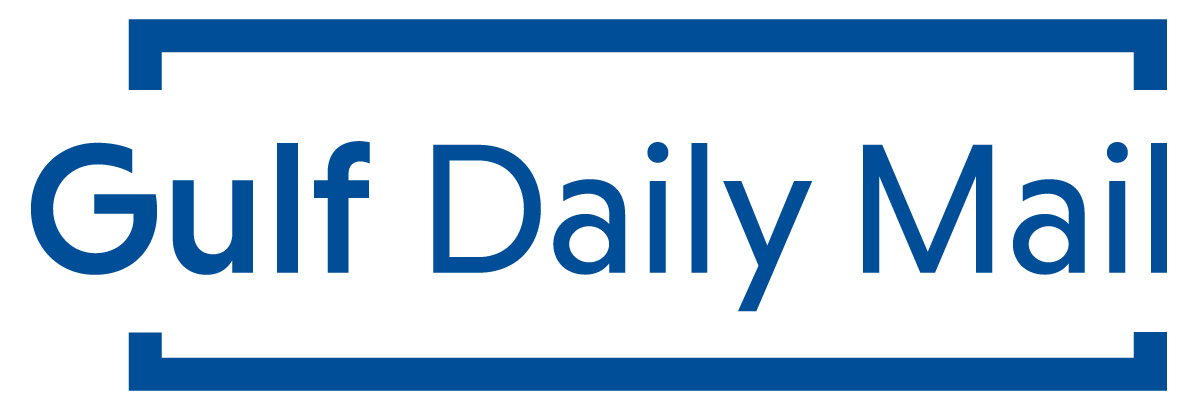DMCA announces move to make Marine Craft Driving License mandatory starting January 2015
DUBAI- Dubai Maritime City Authority (DMCA), the government authority charged with regulating, coordinating and supervising all aspects of Dubai’s maritime sector, has announced the implementation of mandatory marine craft driving license in Dubai effective January 2015.
The regulation has been designed to offer a more comprehensive regulatory platform that will help ensure maritime safety, secure navigation and operational efficiency along the UAE coastline.
The initiative is expected to help in the move to promote the local maritime sector and Dubai’s development as one of the world’s most prominent marine centres.
The mandatory licensing of all marine crafts in Dubai is being seen as a fundamental pillar in the DMCA’s move to create an integrated regulatory framework to provide safe navigation and to ensure the highest levels of operational efficiency and safety within the marine waters of Dubai.

Amer Ali, Executive Director, DMCA, said: “Regulating and developing the local maritime sector is top priority for DMCA, which is why we regularly introduce regulations and legislations to address local requirements in line with best international practices. The application of Resolution No. 2 of 2013 for marine crew licensing reaffirms the efforts aimed at integrating all aspects of maritime safety and operational efficiency across local waters, in cooperation with the parties concerned.”
Ali added: “The DMCA remains committed in implementing the mandatory marine craft driving license service in Dubai. Having launched the resolution for marine craft licensing in 2013, we worked towards presenting this to the public in a gradual approach to achieve an increased awareness and to highlight the importance of obtaining the license. Under this new initiative, users of marine crafts will be granted a grace period to help them complete the necessary requirements in obtaining the marine craft license. The DMCA will be launching a series of awareness campaigns and ads in newspapers in Arabic and English, in addition to doing outreach over the radio in Arabic, English and Hindi.
All local marine crafts are mandated to register and license their crew to comply with DMCA’s Resolution No. 2 of 2013, which represents the DMCA’s continued commitment in promoting maritime safety across local, regional and international waters.
The new regulation also falls in line with the Authority’s efforts to organize and classify UAE marine crafts and has also been designed to offer a more comprehensive regulatory platform that will help ensure maritime safety, secure navigation and operational efficiency along the UAE coastline—thereby reinforcing Dubai’s leading position as a first class international maritime hub.
Under Resolution No. 11 of 2013 to issue Implementing Regulations (IR) of Resolution No. 11 of 2010 for licensing of marine crafts in the emirate of Dubai, Resolution No. 2 of 2013 complements DMCA’s efforts to establish clear legislations and regulations in accordance with the Dubai Maritime Sector Strategy, which aims to strengthen Dubai’s leading position as a first-class international maritime hub.
The application of Resolution No. 2 of 2013 requires licensing for crew on personal, business, sports, tourism and recreational marine craft, including small and large-sized leisure craft, commercial marine vessels and traditional wooden dhows.
Ali Al Dabbous, Executive Director of Operations at DMCA, said that “The application of Resolution No. 2 of 2013 requires licensing for crew on personal, business, sports, tourism and recreational marine crafts, including small and large-sized leisure craft, commercial marine vessels and traditional wooden dhows. It is prohibited to use any marine craft within Dubai’s territorial waters unless he/she holds a certified driving license from Dubai Maritime City Authority.”
All applicants must be medically fit and have the theoretical, practical knowledge and expertise to drive light marine vessels, abras and leisure crafts.
Crew members on commercial and traditional wooden dhows must be completely familiar with the marine radar and communication systems and navigation maps, in addition to being able to use the various equipments for safety, first-aid, public safety, fire fighting and water pollution.

